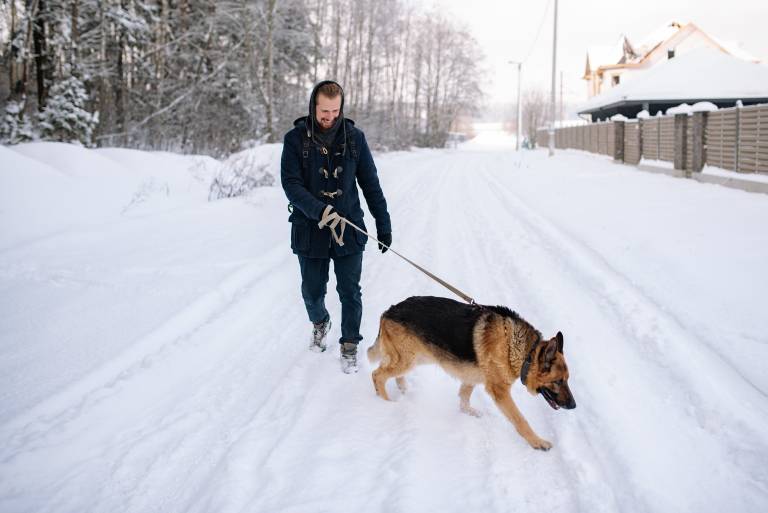How To Make A Dogs Testicle Drop?
Post Date:
December 10, 2024
(Date Last Modified: December 10, 2024)
The process of a dog’s testicles dropping is a natural aspect of their growth, particularly for male puppies. This topic often raises concerns among pet owners who want to ensure their furry companions are healthy and developing properly.
Natural Descent and Cryptorchidism
At birth, male puppies may not have fully descended testicles, a condition called cryptorchidism. In many cases, testicles will naturally drop into the scrotum within the first few months. However, if they have not descended by six months, it may warrant further attention.
Typically, testicles descend between two to six months of age, influenced by factors such as genetics, breed, and overall health. Breeds like bulldogs or Yorkshire terriers may have different timelines compared to larger breeds like retrievers. If there are concerns regarding your puppy’s development, consulting a veterinarian can provide reassurance and clarity.
Health Implications of Undescended Testicles
Monitoring your puppy’s development is crucial. Undescended testicles can lead to potential health risks, including a higher likelihood of tumors or other complications. Regular veterinary check-ups help ensure everything is progressing normally.
There are several reasons testicles might not drop. They could be located in the inguinal canal or may not have developed properly. In some instances, a dog may be cryptorchid, meaning the testicle never descended. This condition is not merely cosmetic; it can affect a dog’s health and fertility, making it essential to address it.
Veterinary Intervention
If your dog’s testicles have not dropped by six months, veterinary intervention may be necessary. A veterinarian can perform a physical examination and may recommend ultrasound or other imaging techniques to locate the testicles. If found to be retained in the abdomen, a surgical procedure called orchiectomy may be required to remove them. This not only helps prevent health issues but also eliminates the risk of passing on the cryptorchid trait.
Neutering Considerations
Concerns often arise about how undescended testicles might affect a dog’s behavior or overall well-being. While there may be behavioral changes in unneutered male dogs, the presence of undescended testicles does not necessarily alter their behavior. However, neutering can help mitigate certain behavioral issues and prevent unwanted litters.
When deciding whether to neuter, several factors come into play. Neutering can help prevent specific health problems, reduce aggressive behavior, and eliminate the risk of testicular cancer. Many veterinarians recommend neutering between six months to a year of age, though this can vary based on the individual dog and breed. Discussing timing with your veterinarian can aid in making the best choice for your pet.
Post-Surgery Care
Preparing for neutering involves following your veterinarian’s pre-surgery instructions, which may include fasting your dog prior to the operation. Post-surgery care is vital for a smooth recovery. Your dog may need to wear an Elizabethan collar to prevent licking at the surgical site, and close monitoring in the days following surgery is important.
Ongoing Care and Monitoring
Caring for a dog with undescended testicles may require additional attention compared to one with normal development. Regular veterinary visits and awareness of changes in your pet’s health are essential. Look for signs of discomfort, changes in appetite, or unusual behavior to catch potential issues early.
If you discover your dog’s testicle has not dropped, it’s important to stay calm. Many pet owners face this situation, and solutions are available. A visit to the vet can provide clarity and outline the next steps. Your veterinarian is a valuable resource for your dog’s health and can offer tailored advice based on your dog’s specific needs.
Commitment to Your Dog’s Health
As a pet owner, your primary goal is to ensure your furry friend receives the best care possible. Understanding the development of your male dog’s testicles is a critical part of responsible pet ownership. Whether they drop naturally or require surgical intervention, being informed and proactive can significantly impact your dog’s health and happiness.
Your dog depends on you for their well-being. By staying educated, you can ensure they lead a healthy, fulfilling life. Regular check-ups and open communication with your veterinarian will help address any concerns. Remember, you are not alone in this journey—support and resources are available to assist you.






